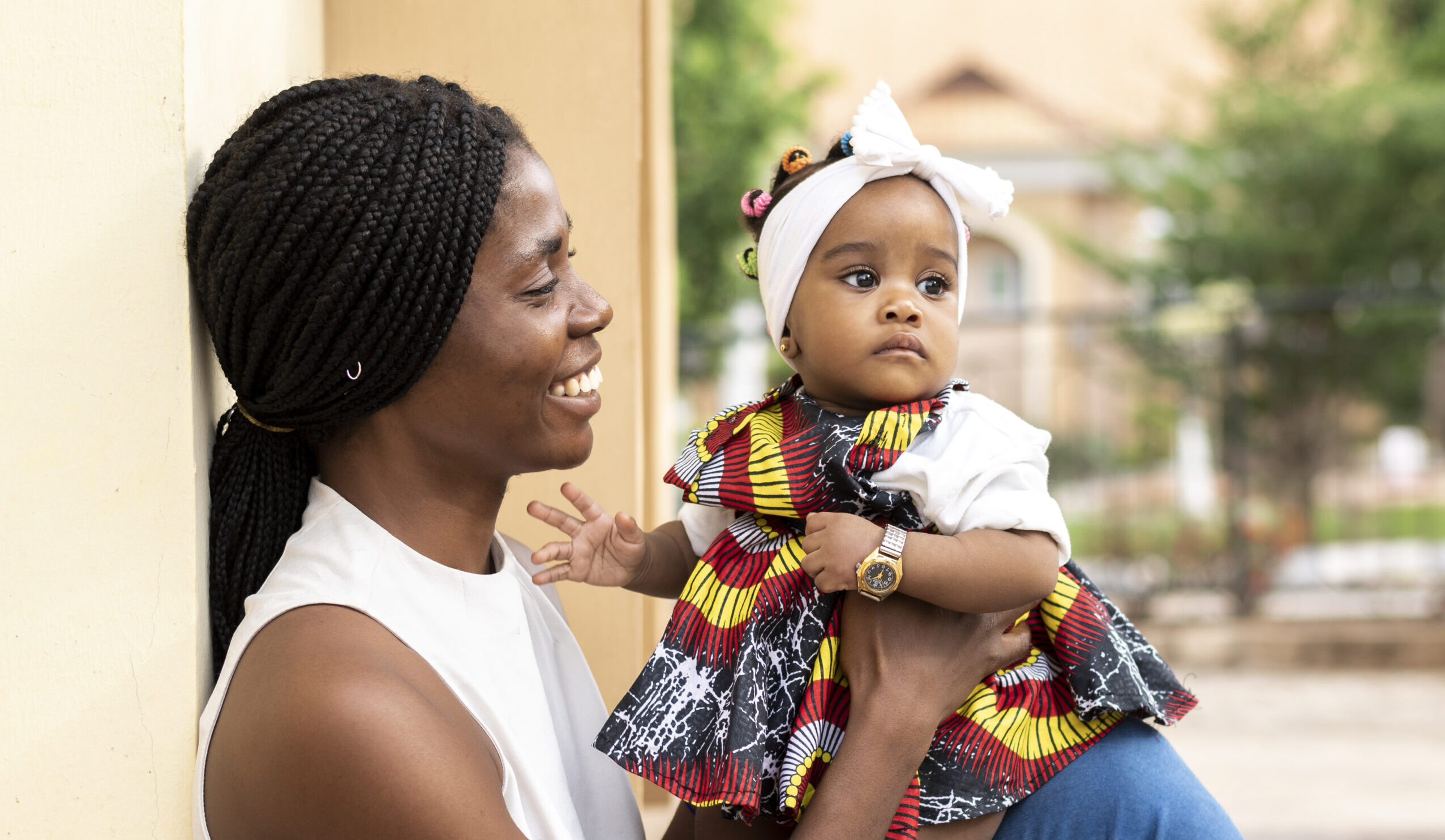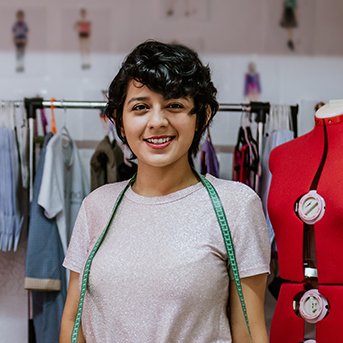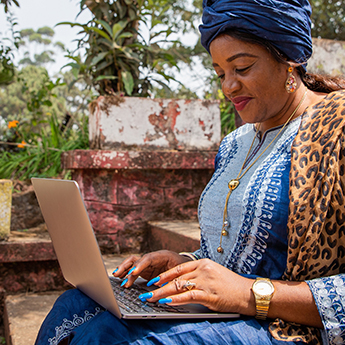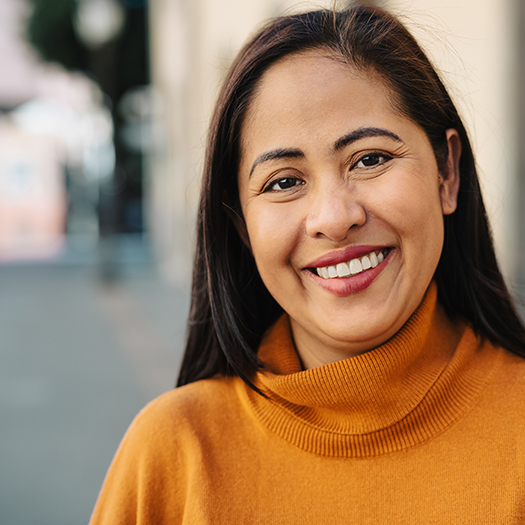
News
Providing Access to All: Disability and Family Planning
October 30, 2023
Blogs & Articles
Previous

Worsening humanitarian crisis in South Sudan preve...
Next

October Newsletter
Source: FP2030
Topics:
Disability Rights
Rights-Based Family Planning
Service Delivery & Quality
By Beck Barrett, FP2030 Intern
16% of the world’s population has a disability according to the World Health Organization (WHO), and yet most sexual and reproductive health care programs don’t adequately include them – as recipients of healthcare services and as decision makers and program implementers.
Family planning for disabled people – much like family planning for any community — is not “one size fits all.” Someone with a physical disability will have different needs than someone with a chronic illness who will have different needs than someone with an intellectual disability. And people’s needs can vary day to day. But the common thread through it all is just like those without a disability, people with a disability deserve the right to access informed sexual and reproductive health care. How can we make sure this is the norm?
1 – Listen to them.
Disabled people are not voiceless. Though some may communicate in a different way than non-disabled people, their contributions are powerful and unique. When creating family planning programs or policies, include disabled people. Their lived experiences bring ways of thinking to the table that will not only create a better sexual and reproductive health care experience for disabled people, but for all.
2 – Act before it becomes a barrier.
Don’t wait for a disabled person to raise awareness of the lack of a ramp to a building, lack of Braille on a handout, or inaccessible exam table in a healthcare office. These barriers are what keep people from seeking care in the first place – by being proactive and creating a welcoming, accessible environment, more people are likely to receive the care they need. Accessible spaces benefit everyone, not just the people they might have been designed to be accessible for.
3 – Address intersectionality in your care.
Disabled people are not a monolithic group, nor is that the only identity they have. Girls and young women with disabilities may face up to 10 times more violence than women and girls without disabilities, according to UNFPA. This makes them more likely to be survivors of sexual assault and in need of trauma informed care. Disabled people are also more likely to experience poverty and lower rates of employment, which may impact their ability to access family planning resources.
4 – Be willing to learn.
Be willing to educate yourself independently on various types of disabilities and how to be most accessible for them, but also be willing to listen to disabled people when they have different accessibility needs. “Disability” covers a broad range of conditions, so don’t expect one solution to work for everyone. Most importantly, when someone tells you about their experience or what they need to succeed, listen to them.
5 – Recognize disabled people have sex and romantic relationships.
One of the most persistent myths around healthcare for disabled people is the idea that they don’t have sex. This is a myth. Disabled people have sexual and romantic relationships just like any other community of people – but they are too often entirely left out of conversations around sexual health, and sometimes intentionally excluded because it’s seen as too taboo to include them. Disabled people deserve the knowledge and power to take charge of their sexual and reproductive healthcare and fertility. But this can’t happen until disabled people are included in the planning process for family planning programs, policies, and budgets. FP2030 is working to better include disabled people and organizations fighting for their equality in commitments, advocacy, and more. Our vision of a world where everyone, everywhere has the autonomy and power to make their own decisions about their reproductive health will never become a reality if disabled people aren’t included, consulted, and engaged as meaningful partners in this work.








